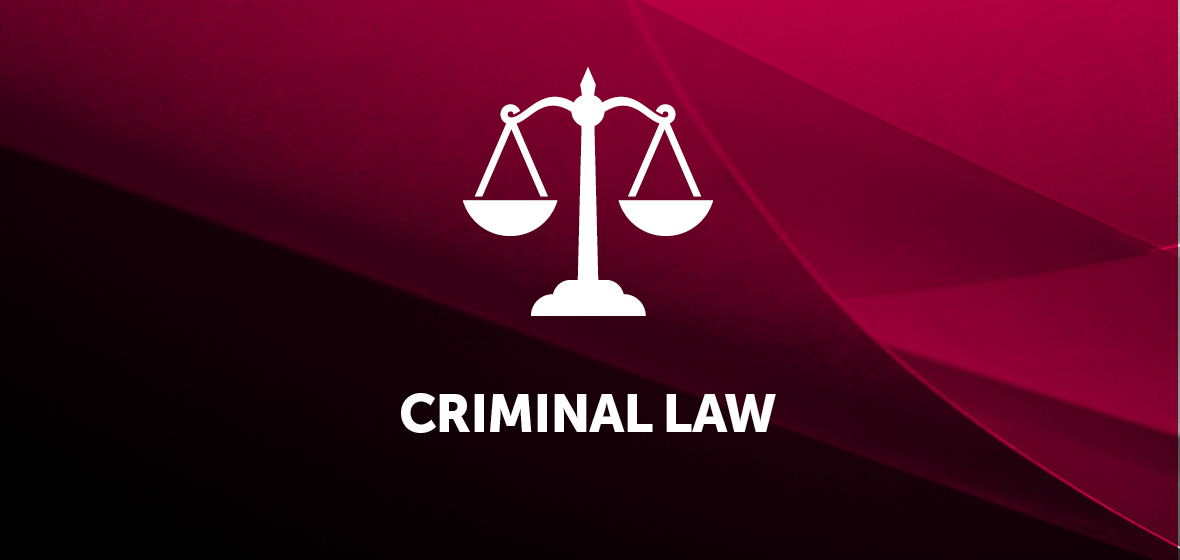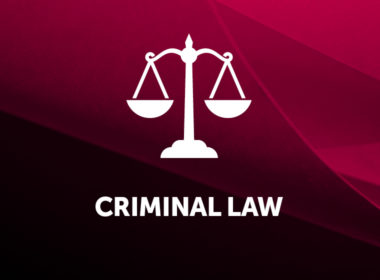Key decisions
- Landrey v Director of Public Prosecutions (NSW) [2022] NSWCA 211
- Masters v R [2022] NSWCCA 228
Landrey v Director of Public Prosecutions (NSW) [2022] NSWCA 211
Committals – EAGP – highbrow constitutional challenges
In this case the Court of Appeal has, in the course of dispatching a constitutional challenge to the committal regime, provided useful insights into aspects of the committal process. In particular, the Court has made observations about when and for what purpose witnesses can still be called and has provided ammunition for practitioners who worry that a client being committed for trial too early might dissipate their sentencing discount unnecessarily.
The facts are not terribly important for this summary. It is enough to know that the applicant was charged with offences on indictment and was working his way through the committal process. The applicant had, in the course of the Local Court proceedings, made an application for the attendance of witnesses in Court. More importantly, the applicant commenced proceedings in the Supreme Court arguing that the amendments to the committal process made back in April 2018 were invalid, on the ground that they are unconstitutional.
The Justice Legislation Amendment (Committals and Guilty Pleas) Act 2017 (NSW) (known by most people as the ‘Early Appropriate Guilty Plea’ or simply as the ‘EAGP’ reforms), which commenced on 30 April 2018, comprehensively redesigned the committals process. Amongst other things, it abolished the decision by a magistrate to the effect that there was (or was not) a sufficient case to be referred for trial (unless there was a waiver of committal), and put in place an inflexible statutory sentencing discount regime, the interpretation of which has been the subject of many decisions in these summaries. One of the most important new steps in the process is that the prosecutor must issue a ‘Charge Certificate’ setting out the charges the prosecutor proposes to take to trial and certifying that there is evidence sufficient for those charges. In almost all cases, a mandatory ‘Case Conference’ must also be held and there must be a Case Conference Certificate filed which sets out the results of that conference. There is a power to require witnesses to attend and give evidence at the committal stage.
The argument of the applicant in this case was that the real impact of the EAGP regime was to cause a magistrate of the Local Court – a Chapter III Court under the Constitution – to ‘rubber stamp’ the certification of a prosecutor that the evidence was sufficient to establish the charges. In other words, the applicant argued that the legislation fell foul of the constraints imposed on State legislative power by Kable v Director of Public Prosecutions (NSW) (1996) 189 CLR 51 and the cases that followed it.
The Court of Appeal (Basten JA, with whom Ward P and Simpson AJA agreed) dismissed the appeal. Just as helpful as the highbrow constitutional argument is the fact that the judgment provides a very helpful synopsis of the legislative regime, which includes some obiter commentary along the way which may be useful for anyone who is making an application for witnesses to attend court (at [17]-[30]). For example, the Court held that now that a magistrate is not called upon to make a decision about committal, the purpose of calling a witness at the committal stage is to assist the parties, but presumably in particular the accused, to better assess the case for the purpose of facilitating negotiations and possible offers to plead guilty (at [24]). Moreover, applications to call witnesses will generally be heard before the commencement of the Case Conference, or at least before the Case Conference Certificate is filed (at [25]).


